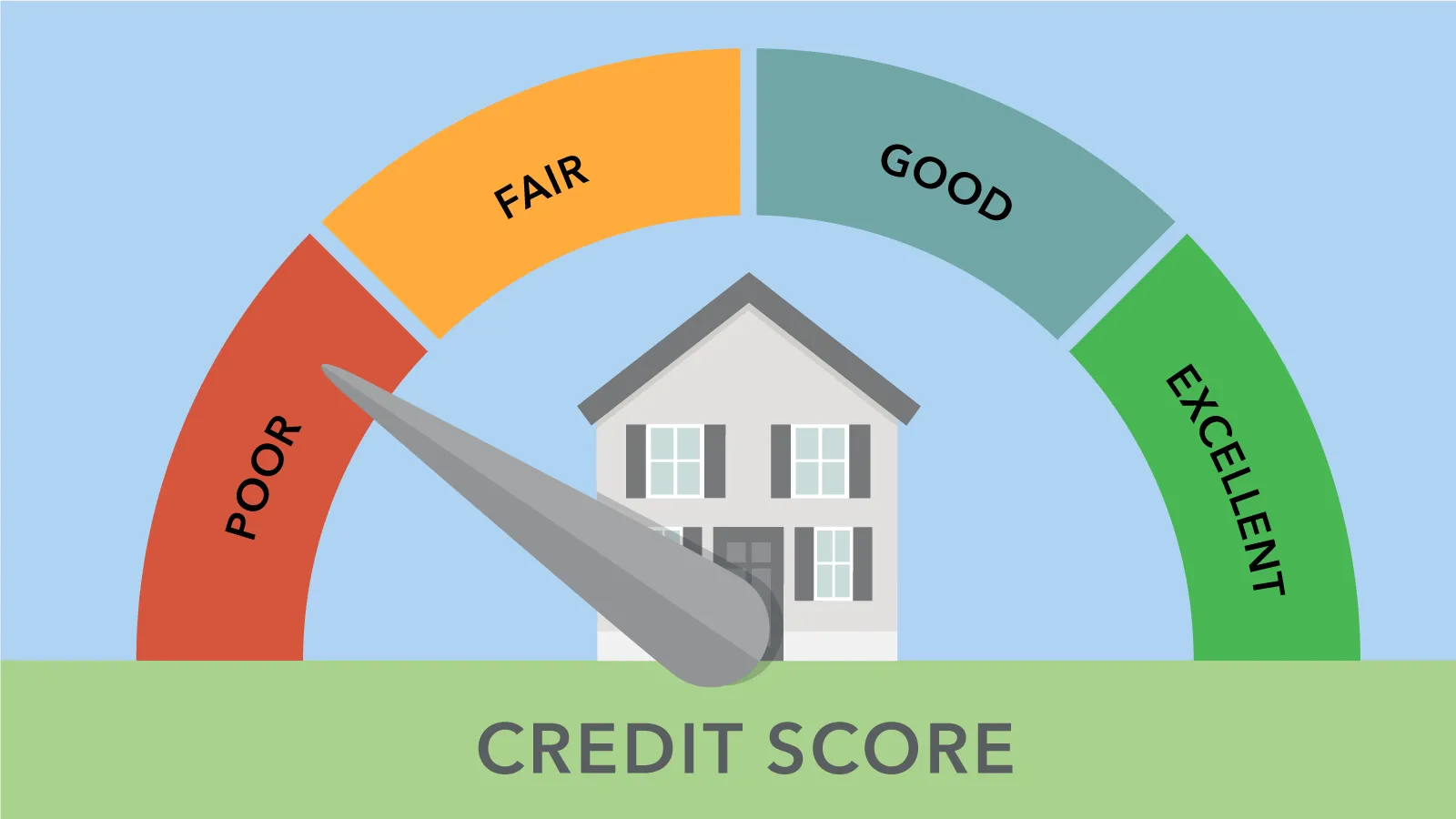Most people know they have a credit score, but many people fail to grasp how much their score could be costing them. Liz Pulliam Weston, best-selling author and MSN Money columnist, estimates the lifetime cost of bad credit at $201,712.
$201,712?!? I don’t know about you, but that’s a lot more than I would have expected.
We all know that as soon as you get your first loan or credit card, you begin establishing a credit score. And it follows you throughout your life. A good credit score can be the ticket to loan approvals and the best interest rates. But a poor score can do far more than raise the interest rate on a loan. It often determines rates for everything from homeowner’s and auto insurance to credit card accounts. It can even be a factor in obtaining employment, healthcare and cell phone service.
If bad credit alone isn’t bad enough for a consumer, the worst part is, that may just be the beginning – the results actually could cause a person’s credit score to drop even further. Consider this:
- If losing a job causes a person’s credit score to tank, future job opportunities might be in peril – especially if the company checks his or her credit score
- Losing a house could make renting an apartment difficult after the landlord checks credit
- Even if someone with bad credit finds a place to live (while paying a larger deposit because of that poor credit score), good luck with the utilities – most of them also check credit scores
To keep your score looking good, follow these tips:
- Maintain on-time, consistent payment history on all credit
- Never use more than 50 percent of available credit
- Monitor credit reports carefully; remember that AnnualCreditReport.com is the free site to do this.
And if you need to improve a poor score:
- Try calling your creditors to establish a payment plan and get on the road to resolving the problem. It may not be an overnight fix, but most credit bureaus focus on the last 24 months. If you resolve the problem, then you can start rebuilding your score
